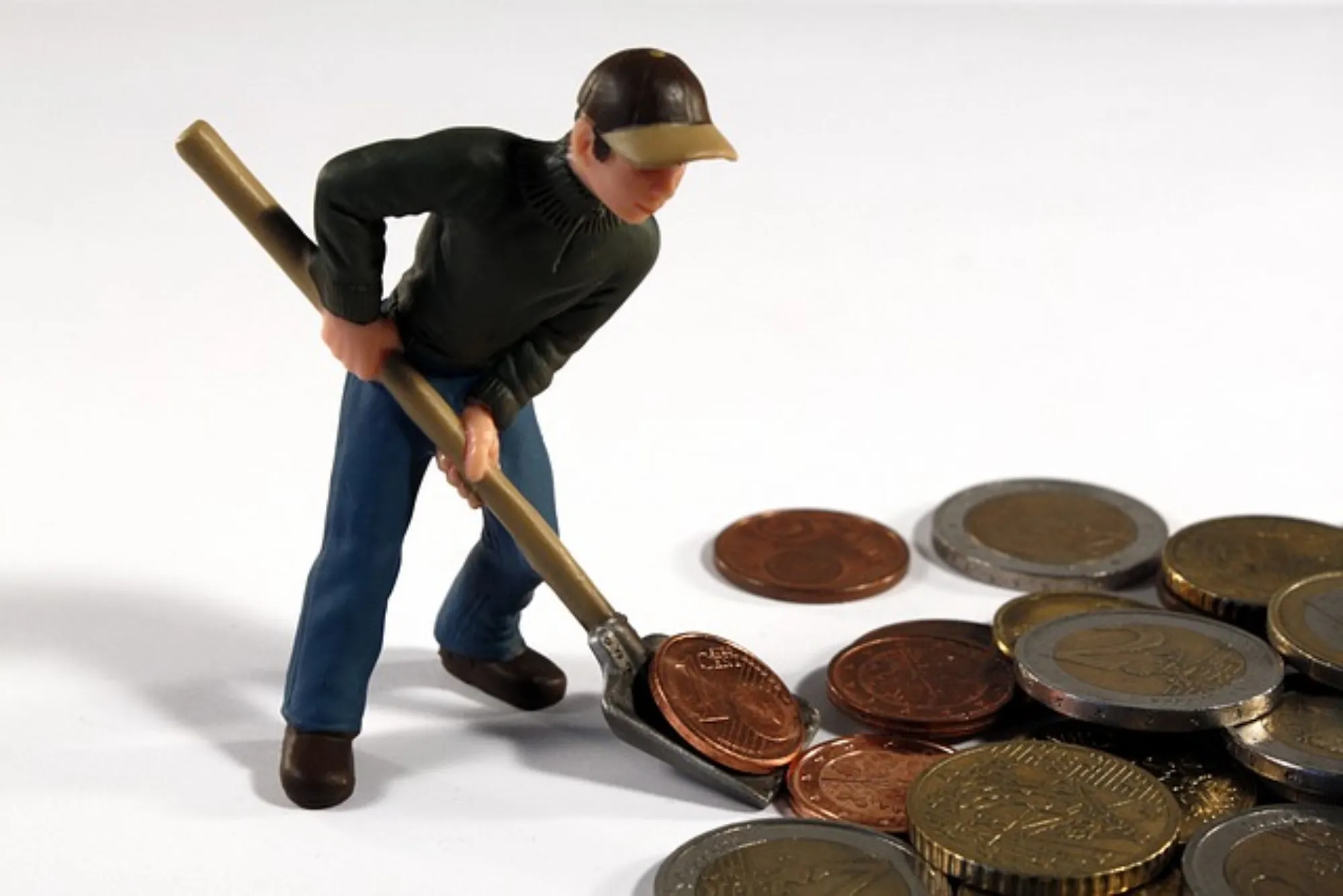Benign Prostatic Hyperplasia (BPH) is a common condition among aging men, characterized by the enlargement of the prostate gland. While BPH is typically associated with urinary difficulties such as frequent urination and weak urine flow, many men also experience pain or discomfort while urinating. This symptom can be concerning and may indicate complications arising from BPH or other underlying issues. Understanding the causes, symptoms, and treatment options for painful urination due to BPH is crucial for effective management and improved quality of life.
Understanding BPH and Urinary Pain
The prostate gland surrounds the urethra, the tube responsible for carrying urine out of the body. When the prostate enlarges due to BPH, it can put pressure on the urethra, leading to various urinary problems. While BPH itself does not directly cause pain, the associated urinary retention and bladder irritation can result in discomfort or burning sensations while urinating.
Several factors contribute to painful urination in men with BPH:
- Urinary Tract Infections (UTIs): Incomplete bladder emptying due to BPH increases the risk of infections, which can cause pain and burning sensations during urination.
- Bladder Stones: Urine stagnation in the bladder may lead to stone formation, which can cause discomfort and pain while urinating.
- Inflammation of the Prostate (Prostatitis): BPH can sometimes lead to prostatitis, a condition marked by swelling and irritation of the prostate gland, often resulting in painful urination.
- Increased Bladder Pressure: The bladder must work harder to push urine past the obstructed urethra, leading to muscle strain and irritation.
Recognizing Hyperplasia Symptoms
Men experiencing BPH-related urinary pain should be aware of other common hyperplasia symptoms that may accompany the condition. These include:
- Difficulty starting urination
- Weak or interrupted urine stream
- Frequent need to urinate, especially at night
- Feeling of incomplete bladder emptying
- Sudden, strong urges to urinate
Understanding these symptoms can help men seek timely medical intervention and prevent further complications.
The Link Between BPH and Urinary Discomfort
Increased Sensitivity in the Bladder
As the bladder muscles work harder to compensate for restricted urine flow, they can become overly sensitive. This increased sensitivity may cause burning sensations or pain when urinating.
Urinary Tract Irritation
When urine remains in the bladder for prolonged periods due to incomplete emptying, it can become concentrated, leading to irritation and inflammation of the urinary tract lining. This irritation can contribute to painful urination.
Infection Risks and Painful Urination
Since BPH can lead to urine retention, the likelihood of bacterial growth increases, raising the risk of urinary tract infections (UTIs). Symptoms of a UTI include:
- Burning sensation during urination
- Cloudy or foul-smelling urine
- Pelvic discomfort
- Fever in severe cases
If painful urination is accompanied by these symptoms, medical consultation is necessary to rule out infections.
Identifying BPH Signs and Symptoms
Men experiencing urinary pain should also look for other BPH signs and symptoms that may indicate an underlying prostate issue. Early identification can help in effective management and prevent complications such as kidney damage or severe bladder dysfunction.
Treatment Options for Painful Urination Due to BPH
Lifestyle Modifications
Men with BPH can adopt several lifestyle changes to alleviate discomfort and improve urinary health:
- Drinking plenty of fluids to flush out toxins and prevent infections
- Limiting caffeine and alcohol intake to reduce bladder irritation
- Engaging in regular physical activity to improve bladder function
- Avoiding spicy foods that may worsen urinary symptoms
Medications for Symptom Relief
Doctors often prescribe medications to relieve BPH symptoms and associated pain. Common options include:
- Alpha-blockers: Help relax the muscles of the prostate and bladder neck, easing urine flow.
- 5-alpha reductase inhibitors: Reduce prostate size by lowering hormone levels.
- Pain relievers: Over-the-counter painkillers may help alleviate burning sensations and discomfort.
Minimally Invasive Procedures
For men experiencing persistent pain and severe urinary symptoms, minimally invasive procedures such as transurethral resection of the prostate (TURP) or laser therapy may be recommended. These procedures help relieve pressure on the urethra by reducing the size of the prostate gland.
Natural Remedies
Several natural approaches can support prostate health and relieve urinary pain:
- Saw palmetto extract – May help reduce prostate swelling.
- Beta-sitosterol – A plant compound known to improve urinary function.
- Pumpkin seed extract – Contains nutrients beneficial for prostate health.
When to Seek Medical Attention
While mild discomfort during urination may be manageable with lifestyle changes, men should consult a healthcare professional if they experience:
- Persistent or severe pain
- Blood in the urine
- Fever and chills
- Complete inability to urinate
Prompt medical intervention can help prevent complications and ensure effective treatment.
For expert insights on health, wellness, and prostate care, explore About Royal. Stay informed with valuable resources on maintaining optimal health and well-being.




